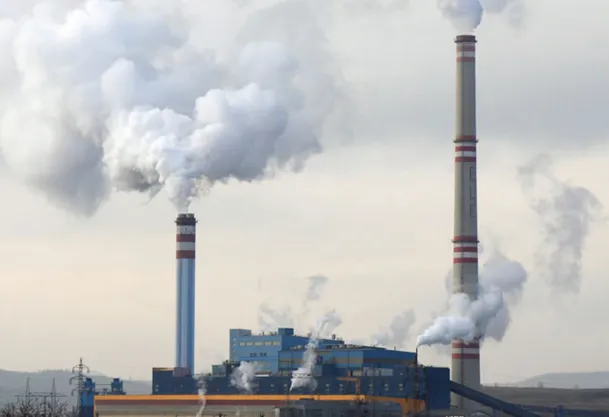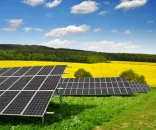
China urgently needs to retire 112GW of coal fleet: report
This will help achieve a 2°C coal power phaseout by 2050-2055 with little economic impact.
China urgently needs to retire 18% of its existing coal-fired power plants with 112GW of capacity in order to achieve a 2°C compatible coal power phaseout by 2050-2055 with little economic impact, according to a report by the Center for Global Sustainability in the University of Maryland.
“These plants often have operated for more than 10 years, have a smaller size less than 600MW, and use the less efficient subcritical combustion technologies. Self-use plants have a larger share identified as low-hanging fruit than power only and CHP plants,” the report said.
Across provinces, more than 60% of these plants, a total of 68GW, are located in Shandong, Inner Mongolia, Henan, Hebei, Jiangsu and Shanxi. Hebei, Heilongjiang, Shanghai, and Shandong have a larger percentage, more than 20% of capacity, identified as low-hanging fruit.
The retirement of coal plants is just one of the steps that China needs to take. The report said that any new construction of conventional coal plants is not in line with China’s long-term deep decarbonisation pathways.
A total of 121GW of coal plants are currently under construction and 74GW planned, in addition to the 160GW suspended. “Building these new coal plants would largely increase the risk of stranded assets and shorten the lifetimes of all coal units,” the report said.
Two roadmaps
The report established two goals for China that are in line with the retirement of its coal fleet.
The roadmap for retirement compatible with a well-below-2°C goal is based on an immediate halt to new construction of conventional coal plants, near-term retirement of low-hanging fruit, and then a gradual retirement of remaining plants based on their retirement rank score but with a minimum operational lifetime of 30 years.
“Applying this guaranteed lifetime will lower the average operating hours from today’s 4,350 hours to 3,750, 2,500, and below 1,000 hours in 2030, 2040 and 2050, respectively, if not retrofitting for CCS,” the report said.
Meanwhile, the roadmap for retirement compatible with a 1.5°C goal reduces the guaranteed lifetime to 20 years.
“Operating hours on average will decline to 2,640, 1,680 and zero hours in 2030, 2040, and 2045, respectively. Plants that want to operate at longer hours or continue operating beyond the phaseout schedule will need to be equipped with CCS, which, however, may not be viable for about 86GW of early retired coal plants in Guangdong, Fujian, Guangxi, and Hainan provinces due to lack of onshore storage capacity,” the report added.
Compared to alternative policy design, the retirement roadmaps with the guaranteed lifetimes of coal plants lower total stranded assets to about $34b under 1.5°C and $9.3b under well-below-2°C.
However, the trade-off for the avoided stranded assets is that the coal plants will earn less profits during the operation period due to reduced utilisation, by $64b under 1.5°C and $51b under well-below-2°C. Across provinces, stranded assets are highest in Shandong, Xinjiang, Inner Mongolia, Shanxi, and Henan.













 Advertise
Advertise











